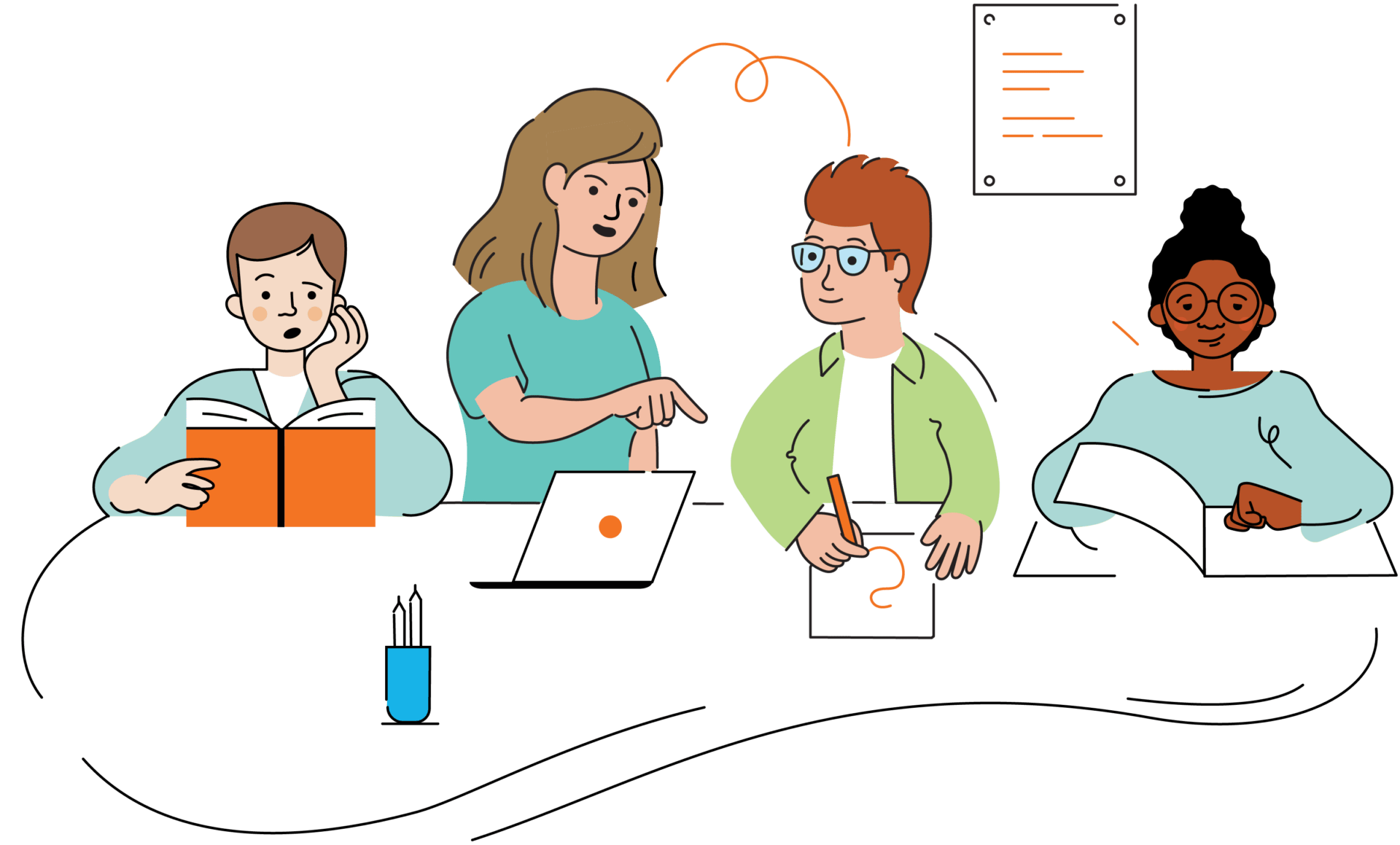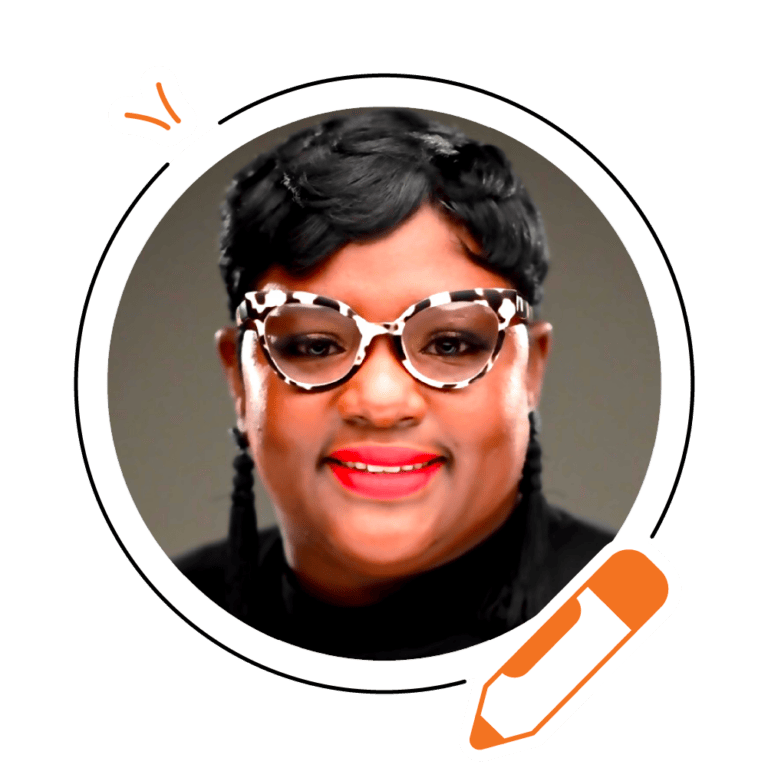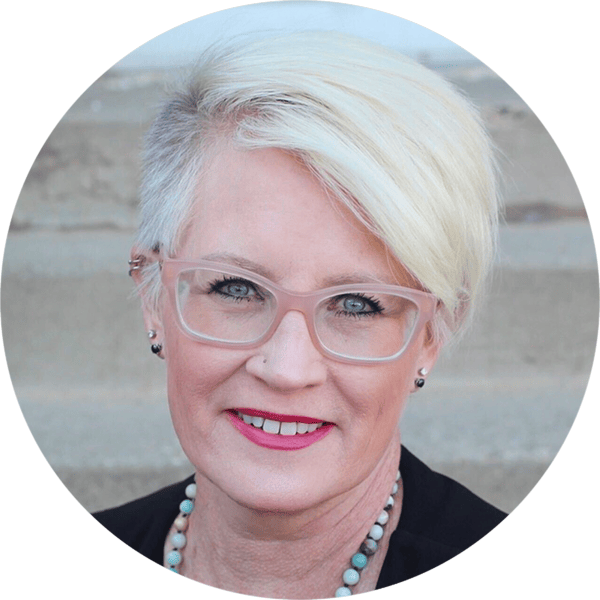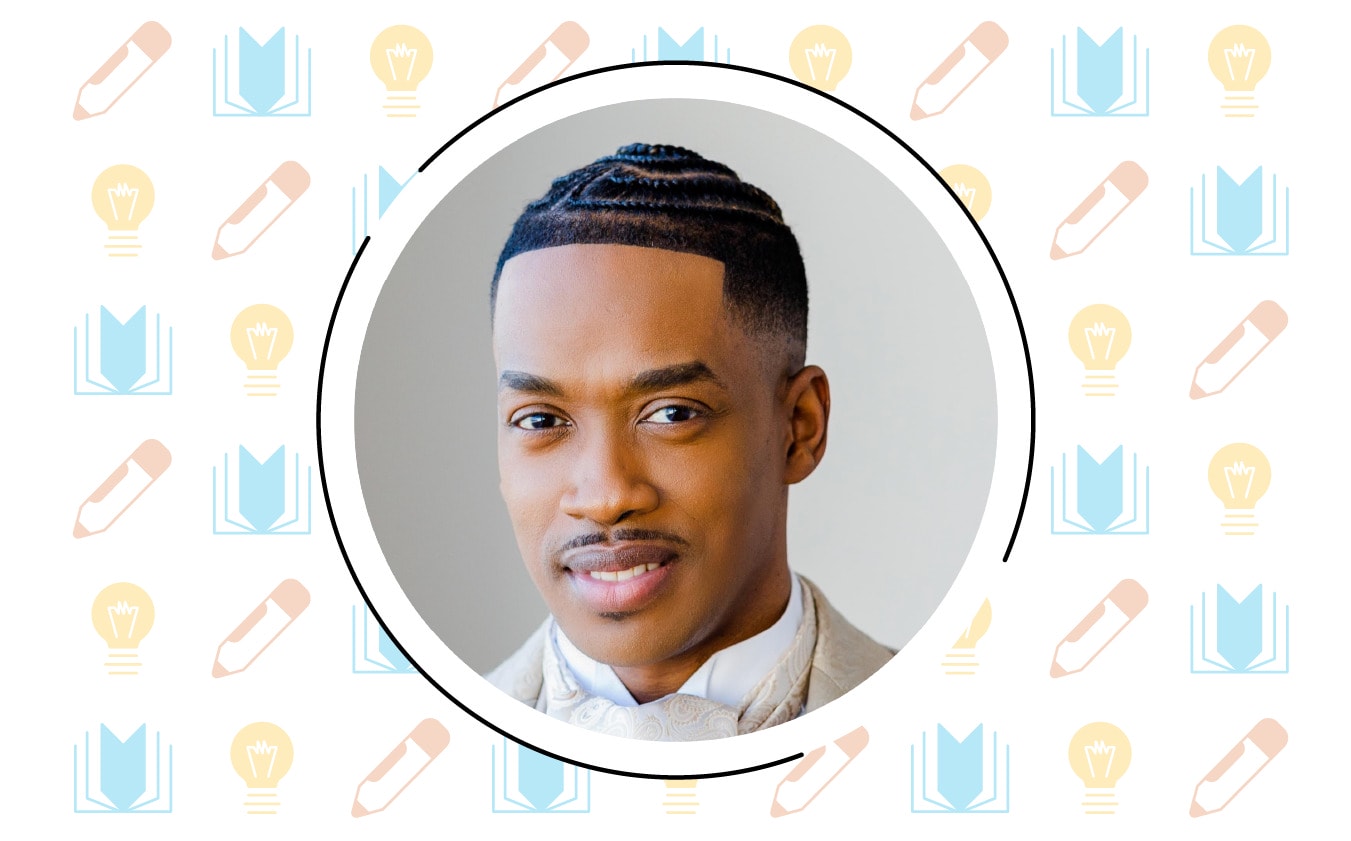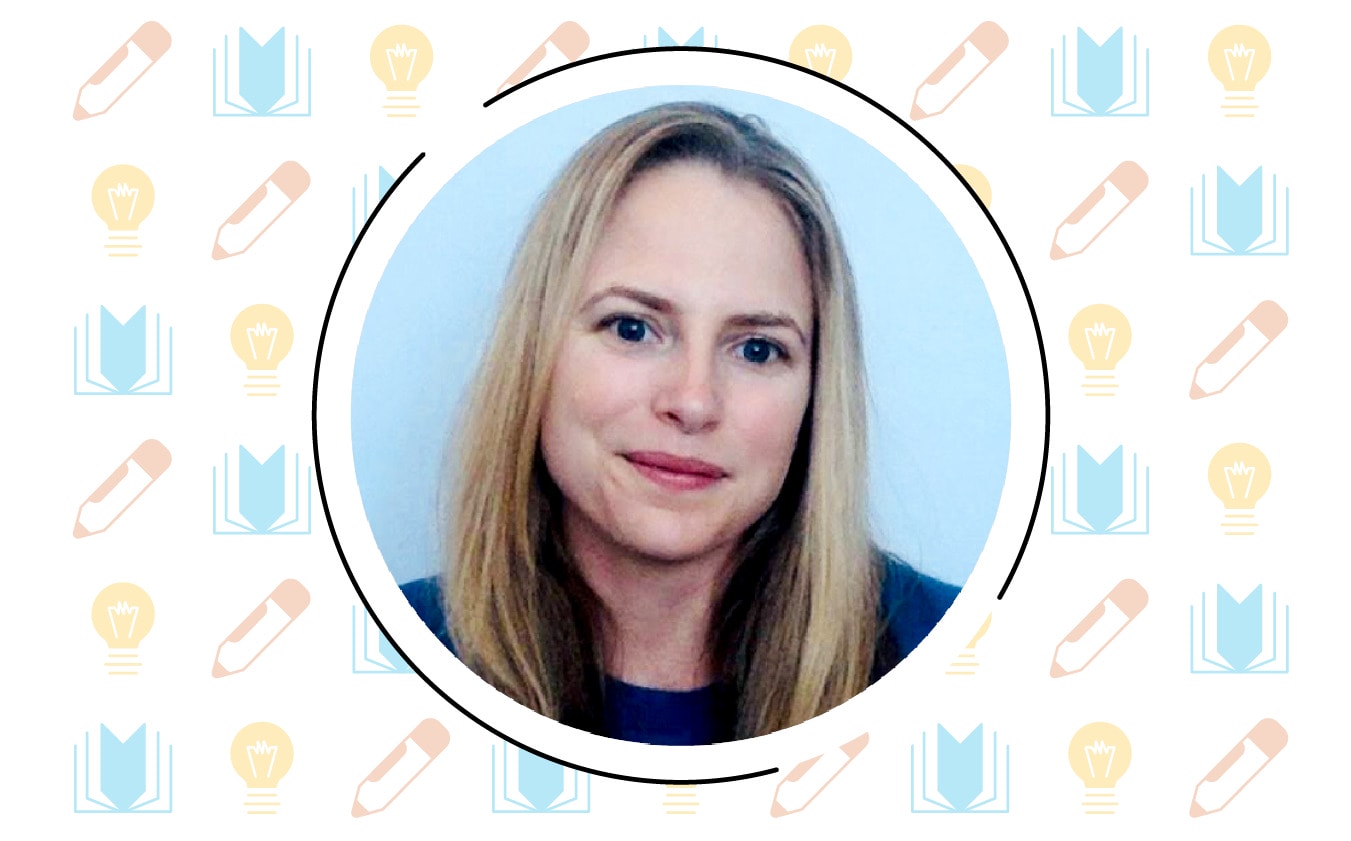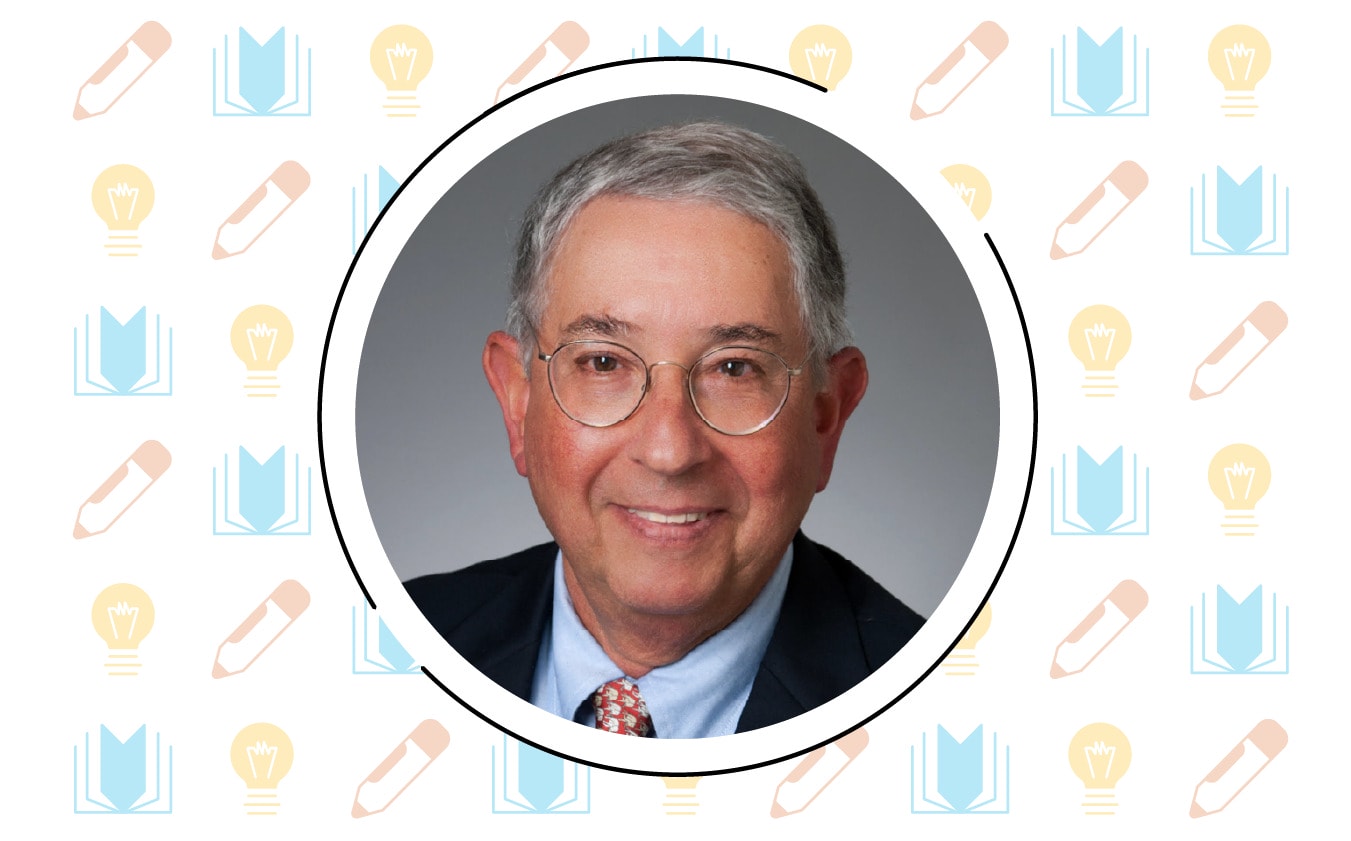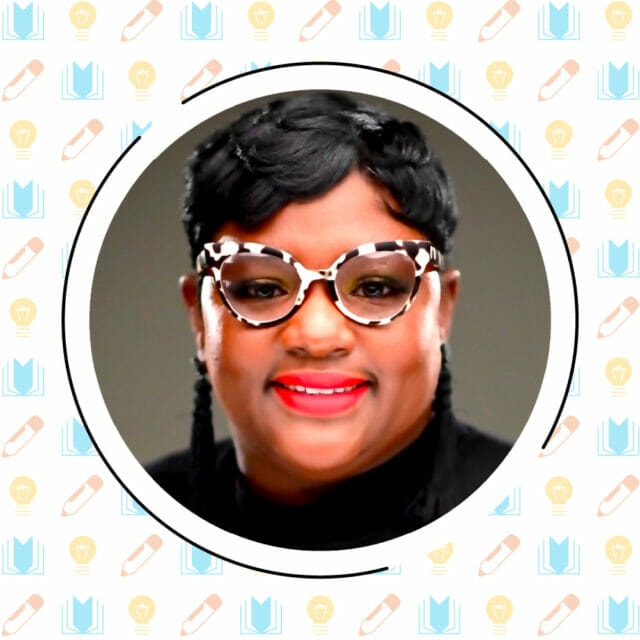
Love at the center of literacy, with Dr. Nyshawana Francis-Thompson
Dr. Nyshawana Francis-Thompson, Deputy Chief of Curriculum and Instruction in the School District of Philadelphia, has played an integral role leading and sustaining a transition to the Science of Reading in the Philadelphia public school district. But making such a change across a large district is difficult. In this episode, Dr. Francis-Thompson (who goes by Dr. Ny) talks with Susan about Philadelphia’s experience. She also talks about her own experience learning about the Science of Reading, and offers tips to other district-level leaders and wisdom about providing all ąú˛úÂ鶹ľçwith the liberation that comes through reading and leading—all with love at the center.
Meet our guest(s):
Featured Episodes
Leading with the head and the heart: Enacting...
Equal parts educational leader, educator, and life-long learner of reading science, Mitchell Brookins has leveraged his...
The other side of Scarborough’s Rope, with Ma...
In our kick-off episode for season six, host Susan Lambert is joined by podcast alum Margaret Goldberg, the co-founder o...
NAEP: What you’ve always wanted to know, with...
In this episode, we dive deep into the National Assessment of Educational Progress (NAEP), also known as the national re...
